For those in the travel industry, one of the most essential and powerful emerging technology trends that need to be understood and explored is the Internet of Things or IoT. It has the potential to fundamentally change how many tourism companies operate, improve their revenue management, and enhance the customer experience. In this article, you will learn more about the Internet of Things and how it can benefit those in the travel industry, complete with real examples of its uses.
Table of Contents:
- What is the Internet of Things (IoT)?
- How Can the Travel Industry Benefit From the IoT?
- IoT Examples Within the Travel Industry
- More Similar Articles
What Is the Internet of Things (IoT)?
First, it is essential to define the Internet of Things. While it technically includes everything connected to the Internet, the term is more typically used to refer to everyday physical devices, appliances, and other ‘things’ that have been fitted with internet connectivity, making them capable of sending and receiving data.
This effectively turns them into ‘smart’ objects, capable of ‘talking to’ or interacting with one another. The technology allows devices to be controlled or monitored remotely and to perform actions automatically. Examples might range from smart energy meters to internet-connected vehicles and driverless cars.
Video: What is the Internet of Things?
How Can the Travel Industry Benefit From the IoT?
While many industries can benefit from IoT technology, the travel and tourism sector is well-placed to reap the rewards, because the Internet of Things can enable further automation, more personalization, and a greater customer experience. It can also streamline day-to-day tasks that go into running a hotel or travel company.
The use of smart devices can help optimize the physical state of a hotel and its rooms and reduce energy costs. Sensors on planes could even alert staff when someone’s anxiety levels elevate above a certain level. Meanwhile, the IoT can give tourists greater control and access to information via their phones.
According to the Internet of Things (IoT) in Travel and Tourism Research by Research and Markets, the global IoT in travel and tourism market size is projected to grow to $11 billion by 2027.
IoT Examples Within the Travel Industry
1. Personal Control
One of the most widespread uses of IoT technology within the travel industry has been enabling a greater degree of personalization within hotels. On flights, and this is primarily provided by enabling customers to control more appliances or services through a centralized device, such as a tablet or even their phone. According to the Personalization, Data Security, and Speed Drive Customer Loyalty Amid Uncertainty Research by SalesForce, 65% of customers will stay loyal if the company offers a more personalized experience.
Customers can turn them on and off from one place by implementing internet-enabled heating, lighting, and television. They may even be able to choose a specific temperature and light level and have the devices maintain those levels automatically. Similar technology can also be used on flights to regulate seat temperature or air conditioning.
2. Seamless Travel
Another great use of the Internet of Things involves streamlining as much of the customer experience as possible across all areas of the travel industry. In airports, this may mean using sensors and sending information to passengers’ smartphones, alerting them when their baggage is nearby and allowing them to locate it faster.
In hotels, the check-in process can be made seamless. Hotels send electronic key cards to guests’ phones, which, when used, automatically check them in without them ever having to stop at the front desk. Sensors might also alert restaurant staff when a guest arrives, automatically sending them the right table number.
3. Smart Energy Saving
While the IoT can enable personalization, it can also offer businesses financial benefits through automated or smart energy saving. In a hotel, for instance, internet-enabled devices and sensors can allow room temperature to be adjusted continually, meaning heating is only used when needed.
A similar principle can also apply to lighting; some hotels are already using IoT technology to control their power. Sensors automatically detect the levels of natural light in the room, reducing the intensity of light bulbs in the process, meaning less energy is wasted, and high-powered lighting is only used when light levels are low enough.
4. Location Information
Companies operating in the travel industry can also use the Internet of Things to send location-specific information to customers and gather valuable data. Combining smartphone capabilities with beacon technology or other sensors can send messages to tourists at the point they are most relevant based on where they are.
For instance, this might mean sending messages about local attractions and times when they are least busy or pointing out nearby public transport services. The IoT can also be used to gather accurate data about the number of people using specific hotel facilities at different times to optimize staffing levels.
5. Maintenance & Repairs
Finally, the Internet of Things can also directly benefit IoT devices by providing valuable, real-time information about their current status and working order. This can be vital for many in the travel and tourism industry, allowing essential devices to be repaired or replaced before they stop functioning.
For example, hotel staff can be alerted if a radiator or light bulb deteriorates. Away from hotels, the Internet of Things can also be deployed to allow airlines to fuel airplanes more efficiently or replace parts at the right time, striking the ideal balance between gaining maximum value and maintaining safety.
6. More Examples of Internet of Things in Travel
| IoT Aspect | Description | Application in the Travel Industry |
|---|---|---|
| Transportation Monitoring | Integration of IoT sensors in vehicles and infrastructure for real-time monitoring of traffic, vehicle performance, and road conditions. | Use of IoT-enabled navigation systems, traffic management, and vehicle tracking for optimized travel experiences. |
| Smart Hospitality Solutions | Implementation of IoT devices in hotel rooms and facilities for personalized guest experiences, energy management, and operational efficiency. | Deployment of smart room controls, asset tracking, and energy monitoring systems to enhance guest satisfaction. |
| Destination Management | Utilization of IoT sensors and smart city technologies in tourist destinations for data collection, visitor engagement, and sustainability efforts. | Development of IoT-powered tourism apps, smart infrastructure, and environmental monitoring systems for efficient destination management. |
| Travel Security Solutions | Integration of IoT-based surveillance systems, biometric authentication, and emergency response systems to enhance travel security. | Adoption of IoT-enabled luggage tracking, facial recognition, and crowd monitoring technologies for improved safety measures. |
| Sustainable Tourism Initiatives | Utilization of IoT technologies for monitoring and managing environmental resources, wildlife habitats, and visitor impact in tourist destinations. | Implementation of IoT sensors, data analytics, and sustainability programs to promote eco-friendly practices and protect natural ecosystems. |
Internet of Things in Travel Industry FAQs
Ultimately, the Internet of Things (IoT) involves adding internet connectivity to everyday devices and appliances, allowing them to communicate with one another. This offers numerous benefits for travel industry operators, including delivering a superior customer experience and optimizing internal processes.
Did You Like This Article About Internet of Things in Travel Industry?
You might also be interested in the following articles:
- How Augmented Reality is Revolutionising the Travel Industry
- How Artificial Intelligence is Changing the Travel Industry
- How Virtual Reality is Transforming the Travel Industry
- Robots in the Travel Industry: Real-World Examples
- How Blockchain Technology is Transforming the Travel Industry
- How Can Voice Control Benefit the Travel Industry?
- Ways Facial Recognition Can Be Used in the Travel Industry
More Tips to Grow Your Business
Revfine.com is the leading knowledge platform for the hospitality and travel industry. Professionals use our insights, strategies, and actionable tips to get inspired, optimize revenue, innovate processes, and improve customer experience.Explore expert advice on management, marketing, revenue management, operations, software, and technology in our dedicated Hotel, Hospitality, and Travel & Tourism categories.
This article is written by:
Hi, I am Martijn Barten, founder of Revfine.com. With 20 years of experience in the hospitality industry, I specialize in optimizing revenue by combining revenue management with marketing strategies. I have successfully developed, implemented, and managed revenue management and marketing strategies for individual properties and multi-property portfolios.

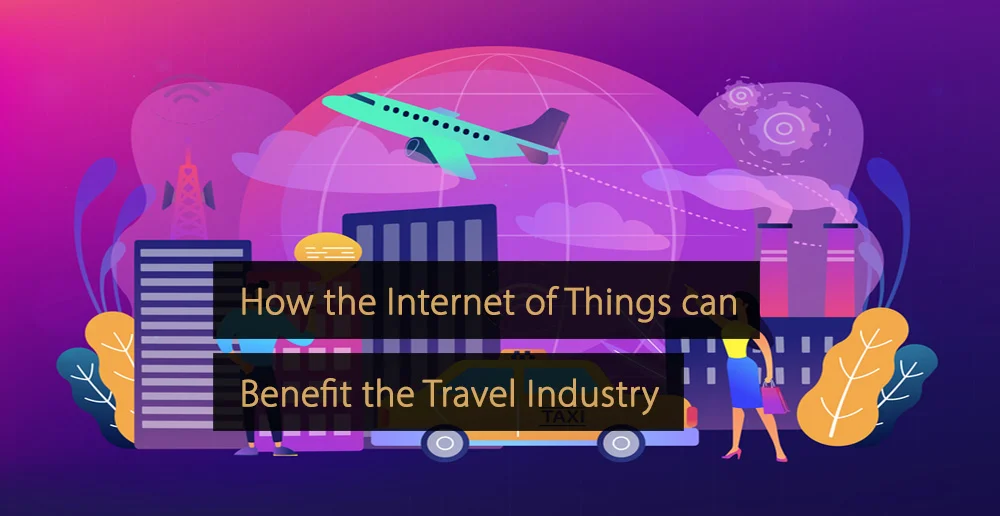
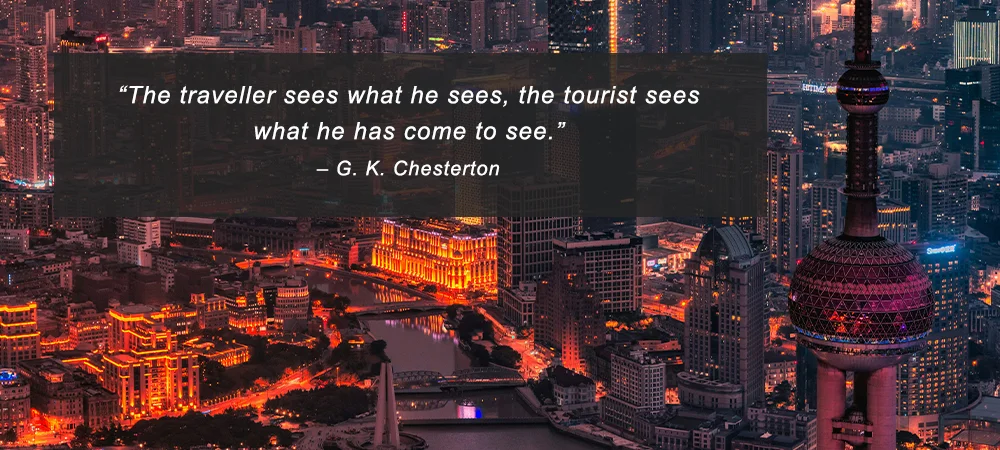


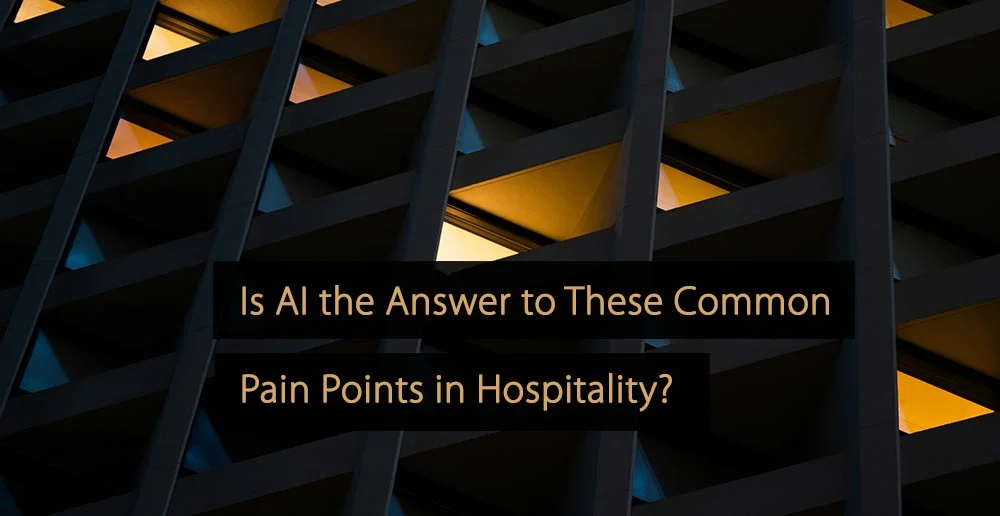
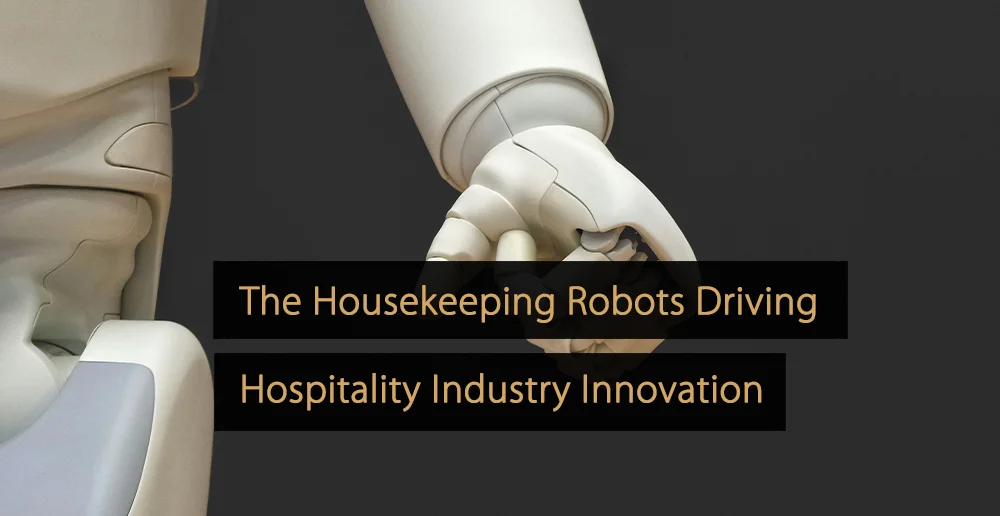
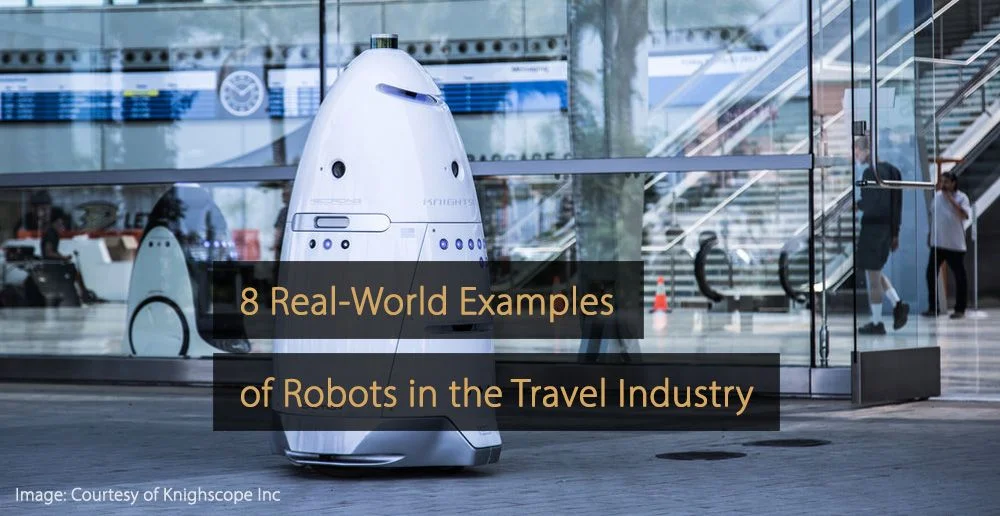
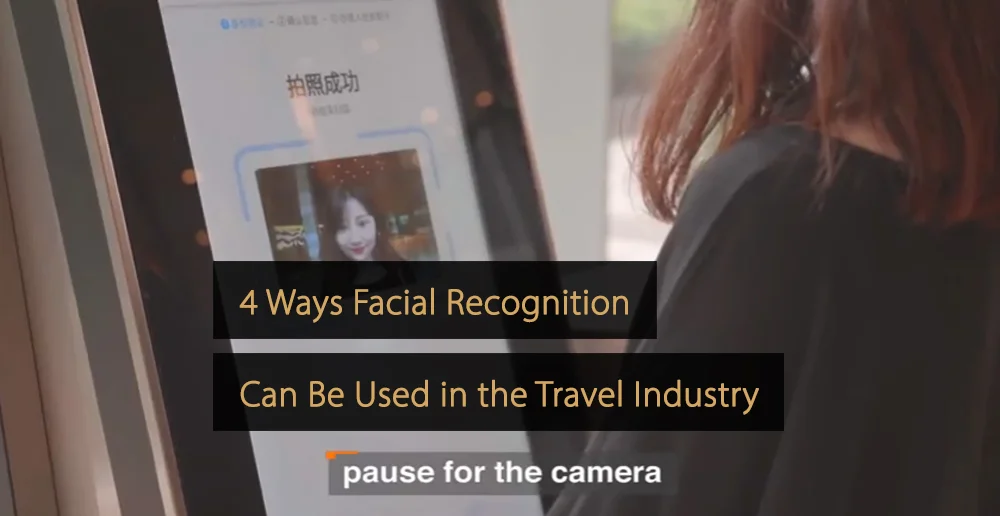

I would like to mention that the information regarding IOT is very interesting. You guys are doing a great job. Keep it up!
Thank you for the extraordinary post about the Internet of Things within the Travel industry. I learned a lot. I am looking forward to more similar posts about IoT.
It is interesting to learn about the benefits of IOT for the travel industry.